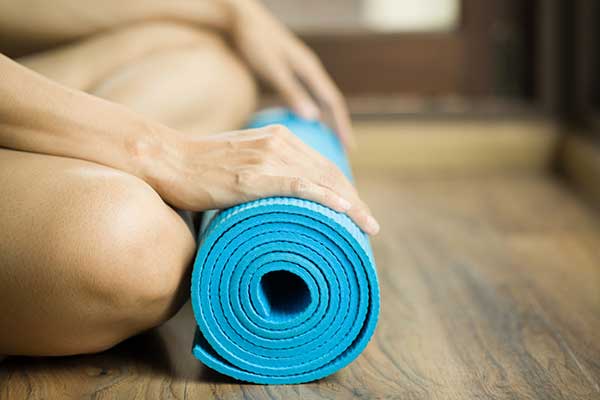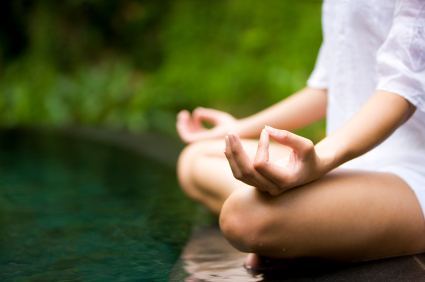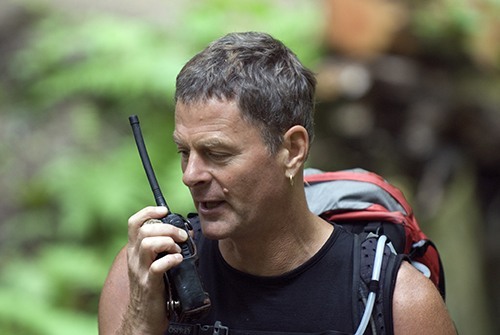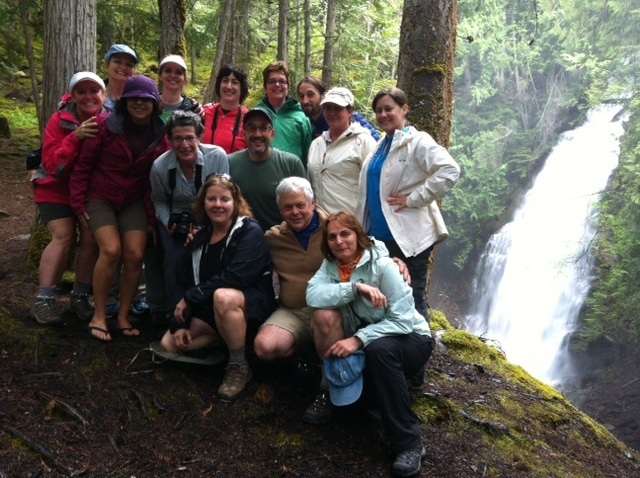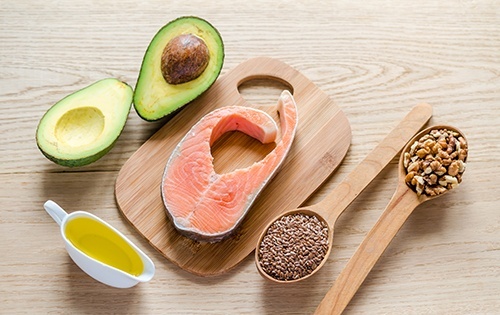How to prevent coronavirus when traveling
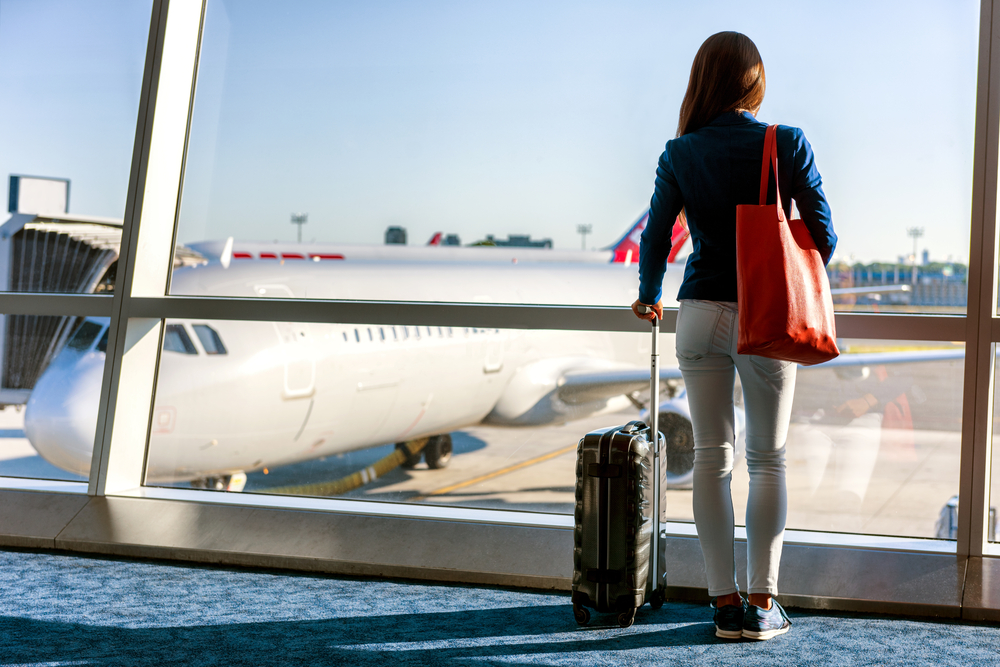
With the spread of the coronavirus, otherwise known as COVID-19, travel can be a bit scary right now. Many people are smartly reconsidering their plans to highly infected areas like China, South Korea, Iran, Italy, Spain and France but does this mean you should cancel your trip to other countries? We have assessed the situation, getting numerous opinions from doctors and virologists and while the fear of catching the virus when traveling to your destination is justified—afterall, the coronavirus is on a path to becoming a pandemic and should be taken very seriously—we feel that you can still travel safely and prevent being infected with coronavirus, if you follow our tips.
What is coronavirus and how do I get infected?
First, let’s do our best to understand the virus.
This virus is spread in large droplets by an infected person coughing or sneezing. This virus only has cell receptors for lung cells so a healthy person needs to get these droplets into their respiratory system via the nose or mouth to get infected. These large droplets do not suspend in air, which means that the air around us is not infectious, but rather, all the surfaces where these droplets land and sit for about a week on average. You will not be infected by the air you breath unless your unprotected face is directly coughed or sneezed on. Airplanes use high-quality filters when recirculating air that catches these large droplets, so it really is the surfaces we touch and the subsequent contact with our nose and mouth that is the issue.
How to prevent coronavirus when traveling
- Most importantly, avoid touching your nose and mouth. This is easier said than done—we touch our face on average 90x/day. Wear a mask to prevent yourself from touching your face. The mask will not prevent the virus from getting into your nose or mouth if someone sneezes or coughs on you—it is only to keep you from touching your nose or mouth.
- Disinfect all potentially contaminated areas with alcohol based wipes (at least 60% alcohol) before use. For extra precaution, use latex or nitrile disposable gloves when disinfecting and then dispose properly. Disinfect airplane armrests, tray tables, entertainment systems, and seatbelts when taking your seat.
- Use alcohol-based hand sanitizer after touching anything public; door handles, faucets, luggage carts, and counters.
- Avoid close contact with people who are coughing or noticeably sick.
- Use your hands as little as possible, giving fistbumps instead of handshakes, using only your knuckle to touch light switches and buttons, and using your hip or closed fist to open doors.
- Carry zinc lozenges. These lozenges have been proven to be effective in blocking coronavirus (and most other viruses) from multiplying in our throat and nasopharynx. Use as directed several times each day when you begin to feel ANY “cold-like” symptoms beginning. It is best to lie down and let the lozenge dissolve in the back of your throat and nasopharynx. Cold-Eeze lozenges is one brand available, but there are other brands.
Remain vigilant when at your destination
If you follow the steps above, you should be able to travel to your destination safely. However, coronavirus prevention shouldn’t stop there—remain vigilant after arriving. Wash your hands as frequently as possible and use hand sanitizer when soap and water are not available. Do your best to not touch your face, especially your nose and mouth. Sanitize the door knobs, switches, and remote controls in your hotel room, and continue to avoid close contact with people who are coughing or noticable sick.
Before traveling, ensure you have medical insurance coverage either through your current insurance provider or a 3rd party travel insurance provider. If you do become ill while traveling, seek medical care immediately.
How to stop the spread of coronavirus
To prevent the spread, please do your part. If possible, cough or sneeze into a disposable tissue and discard. Use your elbow only if you have to. The clothing on your elbow will contain the infectious virus and can be passed on for up to a week or more.
We are hosting two Adventure Treks, where we blend health, hiking, and culture into one unforgettable vacation, to New Zealand and Bhutan in March and April, and we have shared the above with our guests on how to travel safely. We hope it helps you as well.
What is Mountain Trek?
Mountain Trek is the health reset you’ve been looking for. Our award-winning retreat, immersed in the lush nature of British Columbia, will help you unplug, recharge, and roll back years of stress and overworking. To learn more about the retreat, and how we can help you reset your health, please email us at info@mountaintrek.com or reach out below:

